

Investing a bunch of time into Erdtree. I think some of the bosses probably need a bit of tweaking, in particular Rellana seems to be a spot where lots of folks are struggling. I wonder if someone will figure out the Scaudtree fragment mitigation/dmg boost, but there’s definitely a lack of pre-Rellana fragments or just a general struggle with this boss based on how quickly you can get summoned and how quickly people seem to just straight up die when fighting this boss lmao. Took a lot of tries to down him the first time myself but I also haven’t touched this game since release and I played through it pretty quick.
Tips for Rellana if you're struggling
A lot of his attacks won’t drain a ton of stamina, bring a shield and start to learn his move set. In general rolling into him, especially to the right or left is useful for many attacks. Many of Rellana’s moves are also parryable, bring a shield with golden parry or carrian retaliation. Be sure you’re running a heavy fire and heavy magic reduction talisman.
Two big points to watch for. When he enters second phase, the animation is good for a solid punish. If you punish him he’ll almost always do the flame pillar move, so punish and roll back a few times.
When he jumps in the air with two blue orbs, get ready to jump 3 times or have a good shield and full stamina. You might want to run a bit away from him to make timing the jumps easier.
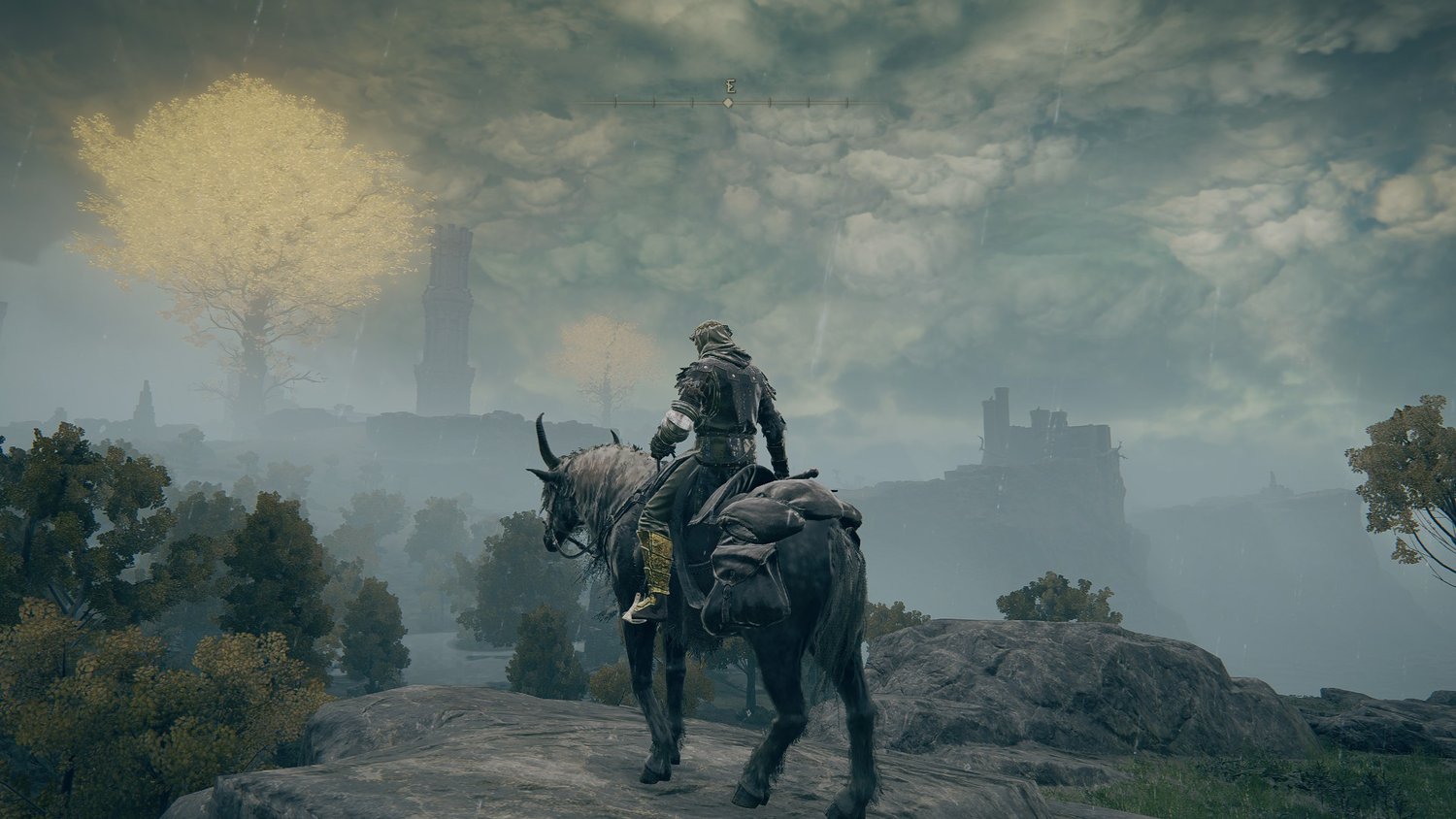








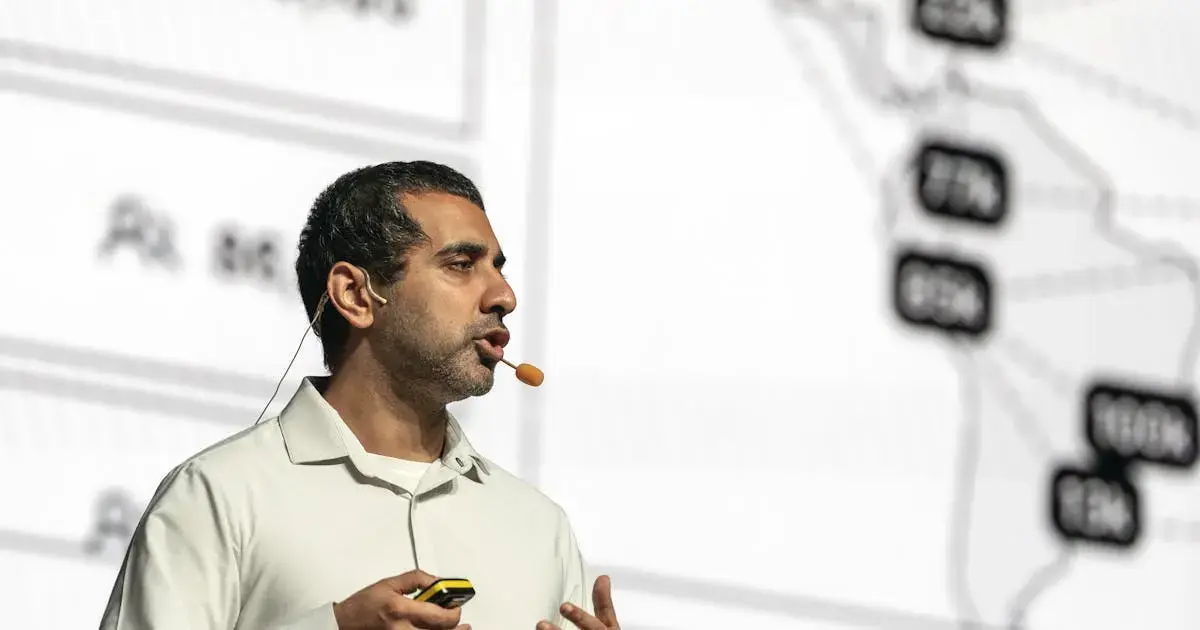
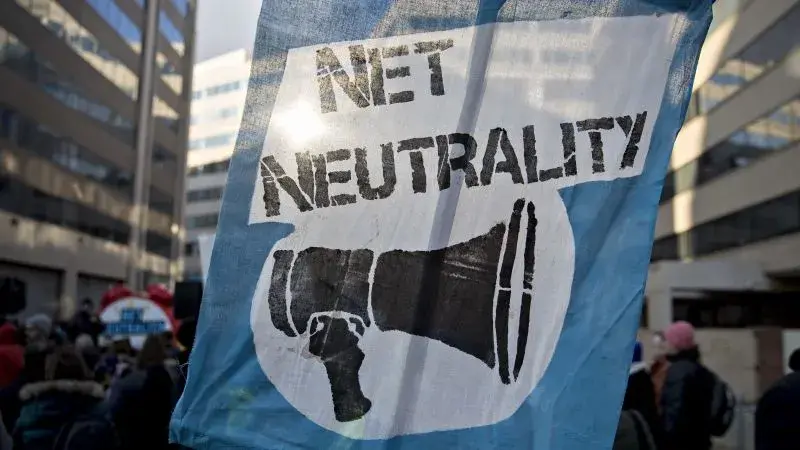

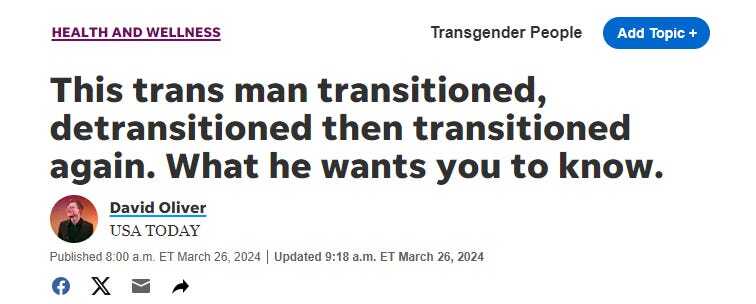
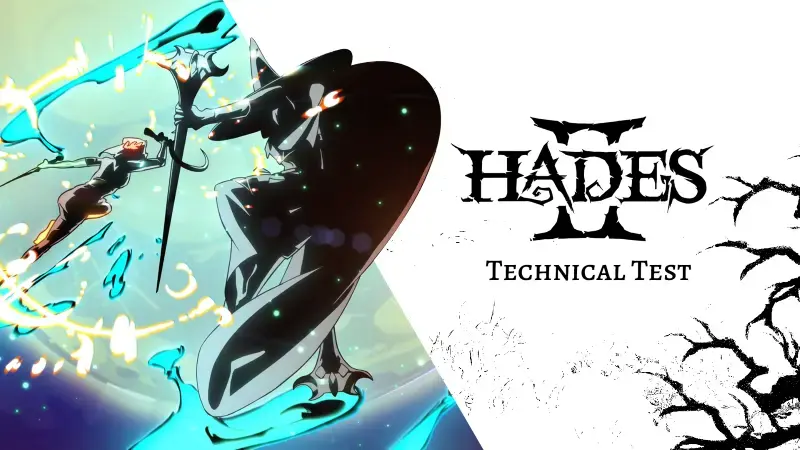



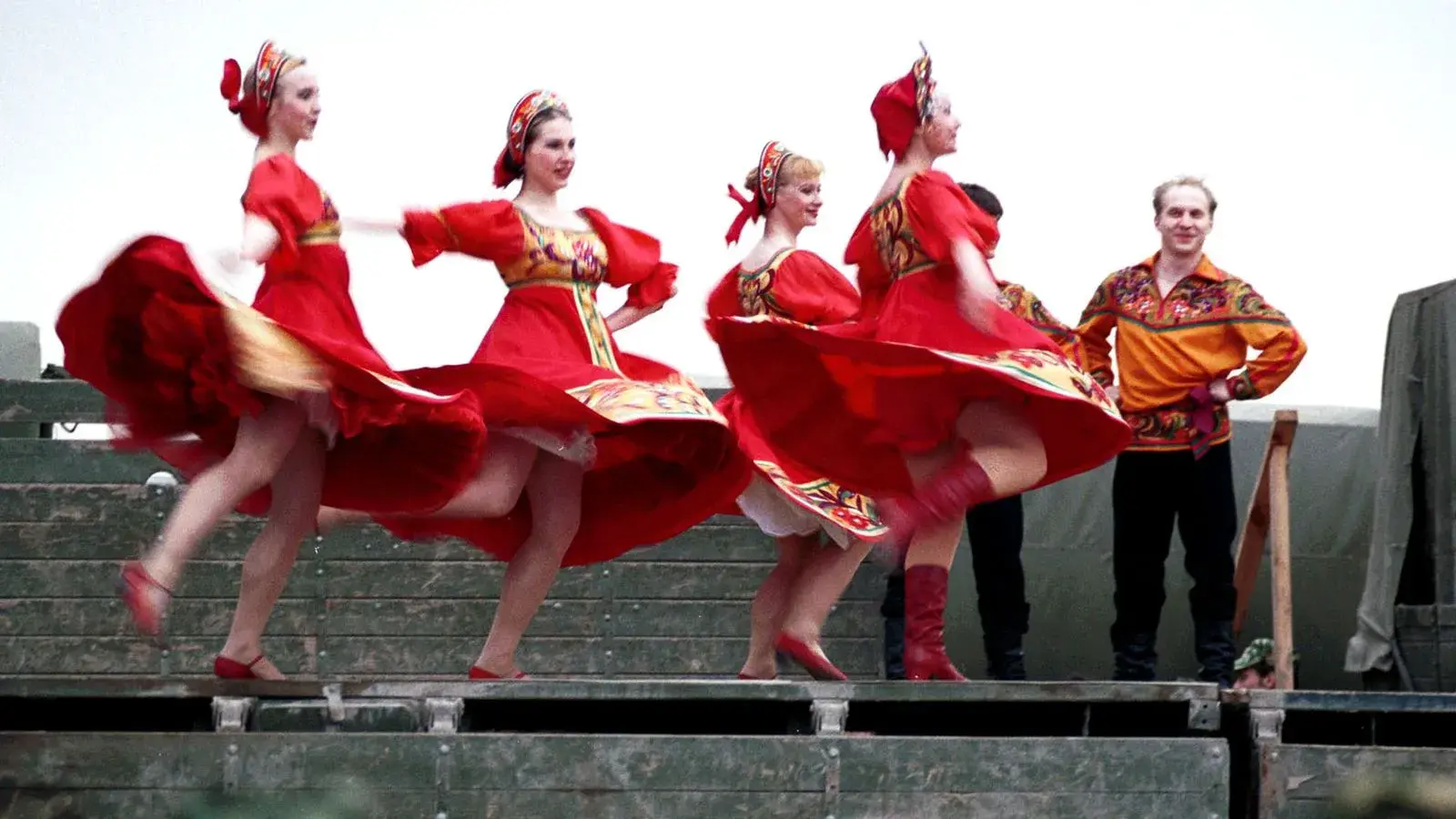
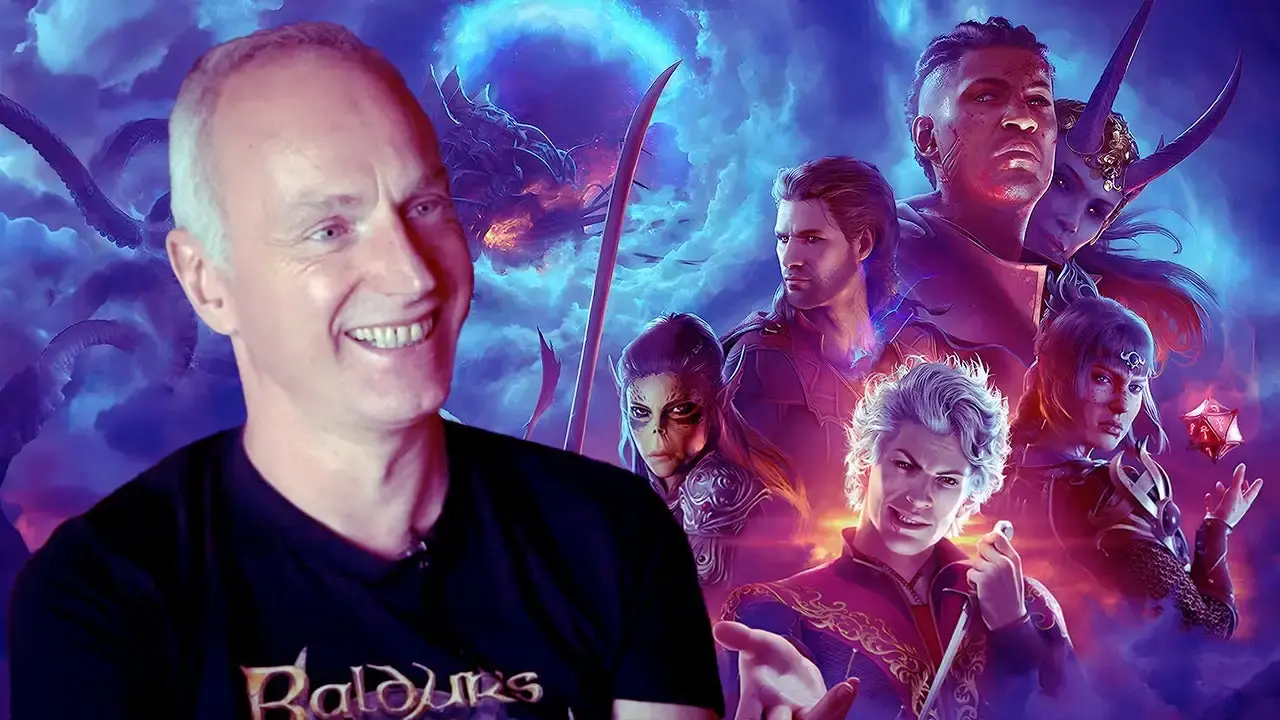



This has been reported on account of Vaush being a ‘problematic creator’. I don’t know enough about Vaush to weigh in here in any capacity, so I’m just going to leave this here as a comment for transparency.